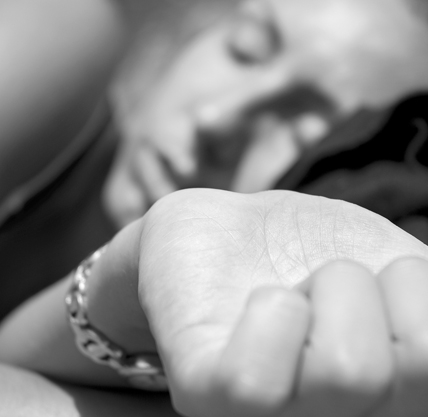
Insomnia is one of the most common symptoms in concussion/mTBI patients. Sleep problems can be caused directly by the brain trauma or indirectly by self-medication, anxiety, and depression. Insomnia is particularly crucial to address because often when it resolves, other symptoms such as headaches, fatigue, and cognitive problems will likely also diminish.
Recommendations:
- Urge your patient to avoid any of the following within three hours of bedtime:
- Caffeine
- Smoking
- Heavy exercise
- Heavy eating
- Napping
- Advise your patient to try to go to sleep
- Only when tired
- On a regular schedule
- In a pleasant and suitable room — quiet, dark or dimly lit, and at a comfortable temperature
For more information about sleep hygiene consult this printer-friendly online resource from the Defense and Veterans Brain Injury Center.
- If behavioral interventions are not effective, medications can be used to assist with sleep regulation. The VA-DoD guidelines suggest a short trial of non-benzodiazepine hypnotics Proceed with caution and avoid sedatives and sleep aid medications if you suspect sleep apnea.
- Refer your patient to specialty care or to a sleep study if you suspect a more serious sleep disorder.
Read this short piece from the National Sleep Foundation on cognitive behavioral therapy, an innovative way to treat insomnia without the use of pharmaceuticals:

Cognitive Behavioral Therapy for Insomnia
"Cognitive Behavioral Therapy for Insomnia, often called CBT-I, is an approved method for treating insomnia without the use of sleeping pills. Sound impossible? It isn't…"
